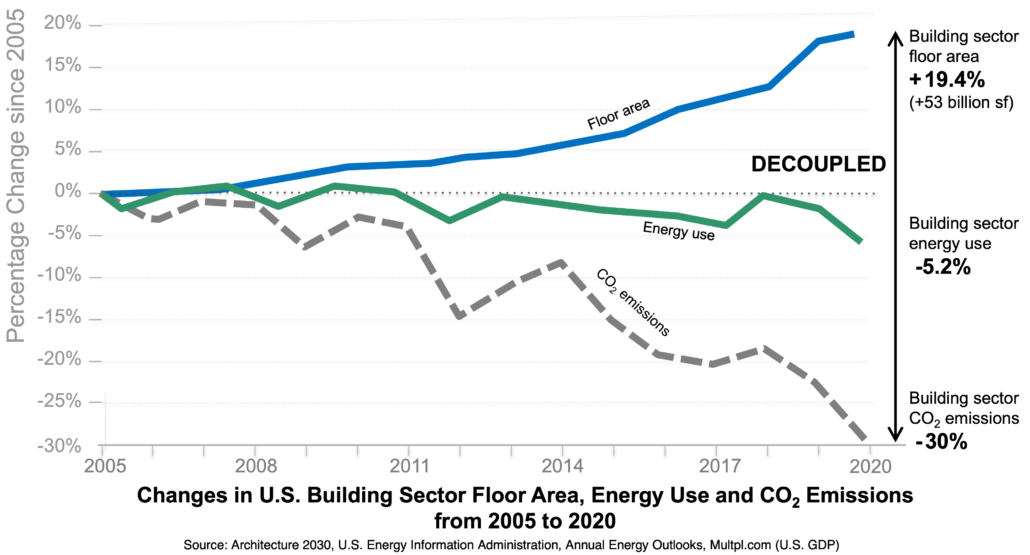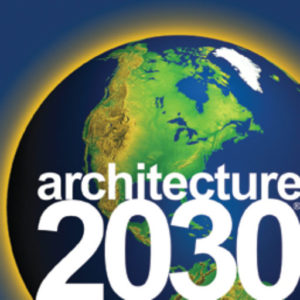G20 Summit Struggles, RIBA Built Environment Summit & Events, COP26
November 2021 | Special Report

G20 Summit
The Italian island of Sicily flooded this week, sending the leaders meeting at the G20 Summit in Rome an urgent message: climate change is happening and its impacts will get far worse unless you act quickly to reduce emissions. G20 countries represent more than three-quarters of the world’s greenhouse gas emissions and while the world was looking for effective actions, the meeting ended with no concrete commitments.
The G20 leaders did pledge to end the financing of coal power plants abroad, but did not commit to phasing out coal plants domestically. They also agreed to “pursue efforts” to keep the average global temperature rise to 1.5 degrees Celsius by the end of this century and urged “meaningful and effective” action to limit global warming, but failed to set a date for achieving carbon neutrality or for phasing out coal. All eyes for meaningful emissions reduction pledges and actions are now on COP26 taking place in Glasgow.
RIBA Built Environment Summit
Report from Architecture 2030’s Senior Fellow and COP delegate Carl Elefante FAIA:
“After two very full days drinking from a fire hose, the Royal Institute of British Architects (RIBA) Built Environment Summit ended with a clarion call to action from Farhana Yamin, a longtime climate action advocate and environmental lawyer. Farhana played a pivotal role at the Paris Climate Summit in 2015, elevating building-sector issues in climate negotiations.
Farhana was the ideal keynote speaker to close out the RIBA conference. Each and every attendee left the auditorium feeling urgency and supercharged for action.
Farhana did not mince words. Our profession must stop serving as the enablers of business-as-usual. Designers and builders of today’s cities are accountable for practices that contribute more to the climate crisis than any other field. The architectural profession cannot hide behind our clients nor wait for government. We must lead. The time has come for architects to add “activism” to our professional responsibilities.”
Carl Elefante and Ed Mazria both presented at the RIBA Summit. Carl discussed the intricacies and importance of retrofitting existing buildings in tackling carbon emissions, while Ed provided an update on U.S. and global built environment emissions and presented the COP26 Communiqué. In his presentation, Ed also showed the latest 2020 U.S and global building sector emissions data trends in the following graphs.


These graphs illustrate a positive and unprecedented development – the decoupling of building sector floor area growth from building operations CO2 emissions. What is notable, is that in both cases, while floor area grew and energy consumption dropped slightly in 2020, emissions declined dramatically. The reason? In 2020, renewable power was “the only energy source for which demand increased … while consumption of all other fuels declined,” said the International Energy Agency (IEA). The IEA also predicts large gains in renewable energy becoming the “new normal” in 2021 and 2022.
Ed Mazria also presented a similar talk at The 16th Global Forum on Human Settlements and received the 2021 Outstanding Contribution Award from the organization.
COP26
The COP26 conference in Glasgow opened on Monday, after the G20 countries failed to commit to meaningful carbon reductions. Stay tuned for updates on critical COP outcomes as the conference progresses:
-
Nearly 90 countries have joined a U.S.- and EU-led effort to slash emissions of the potent greenhouse gas methane 30% by 2030 from 2020 levels.
-
More than 100 world leaders have promised to end and reverse deforestation by 2030.
ABOUT US
Architecture 2030’s mission is to rapidly transform the built environment from the major contributor of greenhouse gas emissions to a central solution to the climate crisis.



